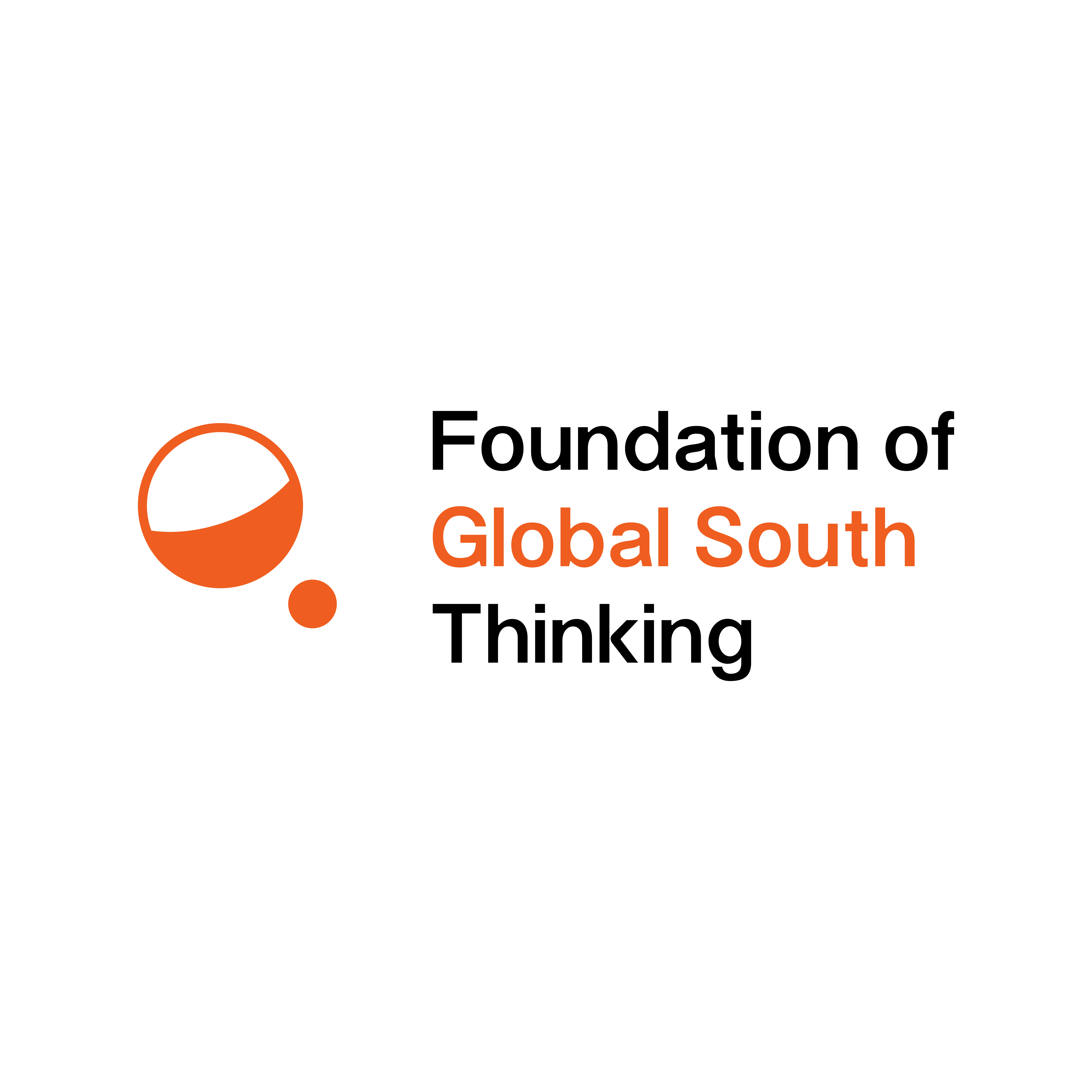About the Foundation
The Foundation of Global South Thinking aims to encourage thinking from a Global South perspective. Let us define the 'Global South' for clarity. Initially akin to the Third World, the term gained prominence in the 1970s and was further emphasised in the 1980 Brandt report, which highlighted economic disparities between wealthier Northern Hemisphere countries and poorer nations. For us, the Global South transcends geographical boundaries and is not merely a counter to the Global North. Global South is a way of thinking, more precisely, a way of questioning the status quo in politics, the knowledge production in academia, and neoliberalised culture in the consumption industry—including the digital world. We believe that knowledge production under neoliberal rule should be questioned, and hence, we call ourselves 'Global South Thinking' as a way of emphasising a new kind of ἰδέα (idea)—originating from eîdon meaning "to see", the foundation aspires to re-envision the nature of academia, which should address critical thinking, it has turned a blind eye and replaced it with competition and production.
Led by a board of like-minded members from diverse academic and professional backgrounds, we offer academic mentorship, particularly targeting early career academics and researchers. By empowering local knowledge production, we aim to cultivate their understanding of the humanities from a critical decolonial perspective. We aim to create intellectual exchanges and scholarly discussions founded on principles of mutual esteem and academic integrity, rather than hierarchical power dynamics. Our goal is to establish environments where knowledge sharing occurs through respectful engagement and shared commitment to intellectual rigor, as opposed to established authority structures.
We prioritise offering scholarships for postgraduate studies, organising events and workshops that foster common critical spaces for thinking, and offering opportunities for early-career scholars by supporting academic publications. These initiatives facilitate epistemological momentum on pressing social and political issues.
The postgraduate research fields prioritised for support by the foundation include, but are not limited to, media and communications, digital cultures, journalism, cultural memory, technology and society, media industries and cultural production, race and media, film studies, and education studies. An interdisciplinary approach to research is favoured.
The Foundation envisions a future where all postcolonial nations at the margins of knowledge production are vocal, globally represented, and critically engaged. It recognises that this vision will only be realised through the efforts of local youth who, equipped with critical thinking, can effectively use them to support global justice.
